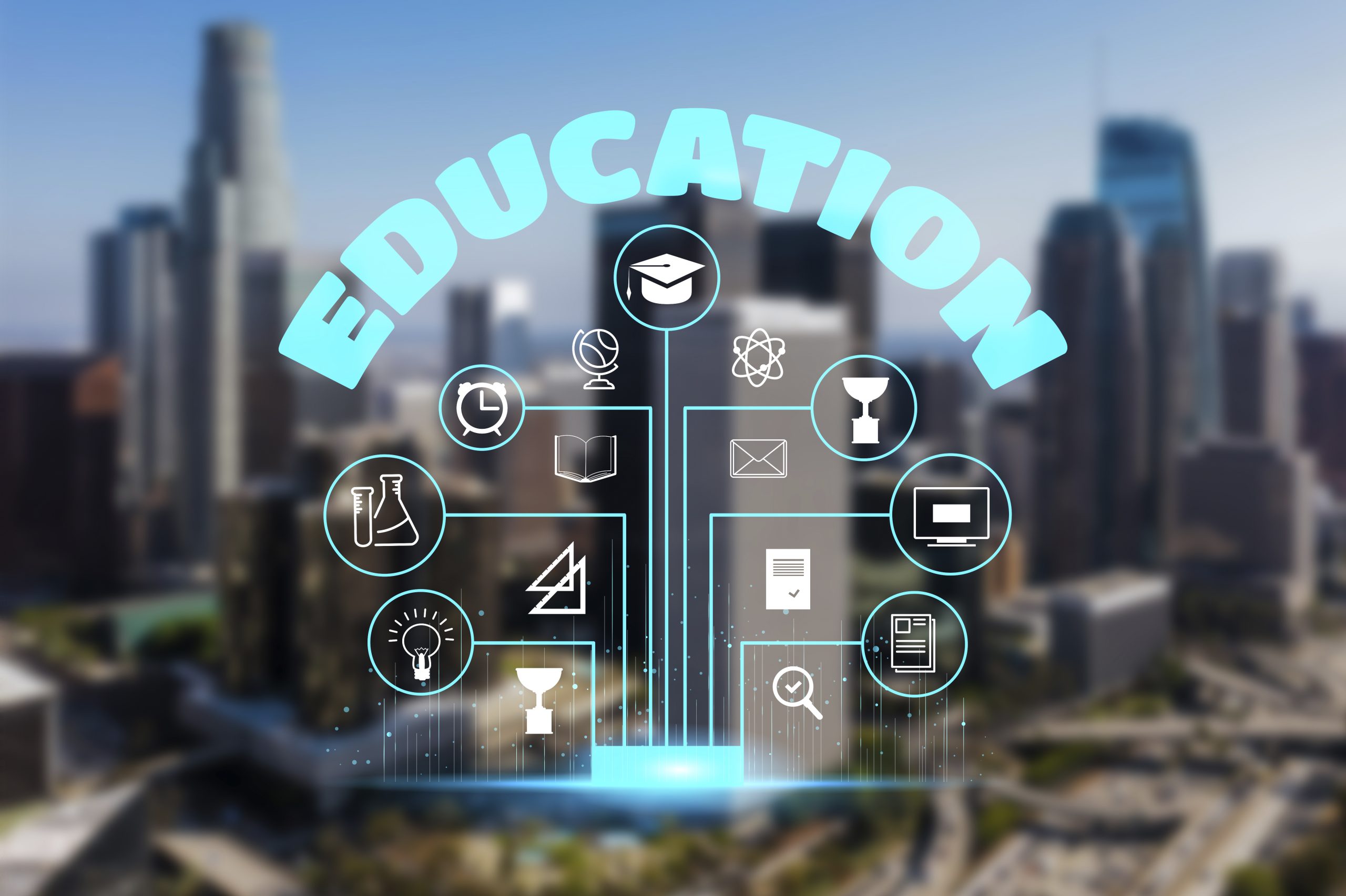In recent years, the education sector has seen a growing focus on sustainability and eco-conscious practices. One often-overlooked aspect of this movement is the role of School ERP (Enterprise Resource Planning) systems in promoting sustainable educational practices. In this article, we will explore the intersection of School ERP and sustainability and how these systems can contribute to environmentally friendly and resource-efficient educational environments.
Sustainability in Education: A Growing Imperative
Sustainability in education goes beyond traditional eco-friendly initiatives. It encompasses a broad range of practices that promote ecological responsibility, resource efficiency, and a commitment to long-term well-being. Sustainable educational practices include reducing waste, conserving energy, and fostering environmental awareness among students and staff.
The Role of School ERP in Sustainability
While School ERP systems are primarily known for their administrative functions, they can also play a significant role in promoting sustainable educational practices.
1. Paperless Administration
ERP systems streamline administrative tasks, reducing the need for paper-based documentation and paperwork, thus minimizing paper waste.
2. Energy Efficiency
By centralizing data management and automating processes, ERP systems can contribute to energy savings in data centers and administrative offices.
3. Resource Optimization
ERP systems can help schools optimize the use of resources such as classrooms, equipment, and staff, reducing resource waste.
4. Data-Driven Insights
ERP systems provide data analytics that enable schools to make informed decisions about resource allocation and sustainability initiatives.
Benefits of Sustainable Practices in Education
The adoption of sustainable educational practices offers several benefits for schools and the broader community.
1. Cost Savings
Reduced resource consumption leads to cost savings for schools, which can then be reinvested in educational programs.
2. Environmental Impact
Sustainability initiatives reduce a school’s carbon footprint and contribute to a healthier environment.
3. Student Engagement
Educational institutions that emphasize sustainability often see increased student engagement and a sense of social responsibility.
4. Community Outreach
Sustainable schools can foster positive community relationships by serving as role models for eco-conscious practices.
Innovations in Sustainable School ERP
Let’s delve into some of the innovations that School ERP systems bring to the table in promoting sustainability.
1. Green Data Centers
Some ERP providers host their systems in eco-friendly data centers, reducing the carbon footprint associated with data storage.
2. Renewable Energy Integration
ERP systems can be integrated with renewable energy sources to power data centers and administrative operations.
3. Sustainability Dashboards
Some ERP systems offer sustainability dashboards that provide real-time data on resource usage and environmental impact.
Real-World Impact
The real-world impact of ERP for School systems in promoting sustainability is evident in educational institutions that have embraced these solutions.
Case Study: Sustainable University Campus
A university campus implemented a sustainable ERP system, reducing its paper usage by 60{a4729fc15ca6aae998eed836e18736a4dfc96d903abf2551c4f9e8b03898d297}, optimizing energy consumption by 20{a4729fc15ca6aae998eed836e18736a4dfc96d903abf2551c4f9e8b03898d297}, and engaging students in sustainability initiatives.
Conclusion: Nurturing Sustainable Educational Environments
School ERP systems have the potential to be powerful tools in promoting sustainable educational practices. By reducing administrative waste, optimizing resource usage, and providing data-driven insights, ERP systems contribute to eco-conscious, resource-efficient educational environments.
As sustainability becomes increasingly important in education, the intersection of School ERP and sustainable practices offers a promising path for educational institutions. By embracing these innovations, schools can not only reduce their environmental impact but also instill in students a sense of responsibility and stewardship for the planet in the ever-changing landscape of modern education.
Innovations in Sustainable School ERP
Let’s delve into some of the innovations that School ERP systems bring to the table in promoting sustainability.
1. Green Data Centers
Some ERP providers host their systems in eco-friendly data centers, reducing the carbon footprint associated with data storage.
2. Renewable Energy Integration
ERP systems can be integrated with renewable energy sources to power data centers and administrative operations.
3. Sustainability Dashboards
Some ERP systems offer sustainability dashboards that provide real-time data on resource usage and environmental impact.




